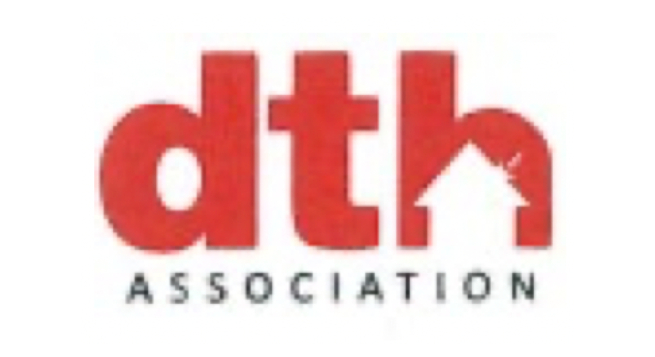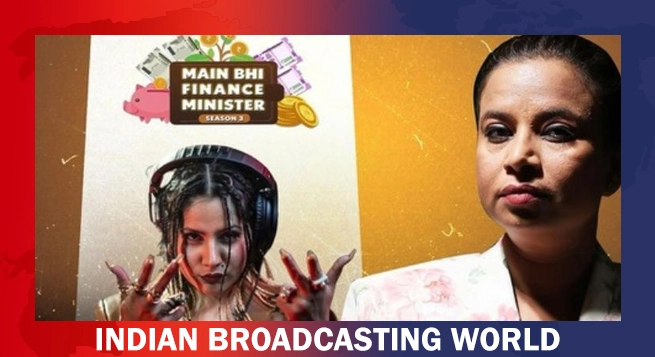Giving a call for economic regulations for all or none, India’s DTH Association has asked for leveling of the playing fields vis-à-vis other content distribution platforms as, unlike others, the direct-to-home companies also pay a 8 percent annual licence fee on their adjusted gross revenue.
“We request (the authorities) to remove the discriminatory license fee treatment being meted out to the DTH Industry and provide a level playing field by either waiving off the license fee from DTH or making the same license fee applicable to cable, HITS, IPTV and OTT,” the DTH Association has stated.
In its submission to sector regulator TRAI’s consultation on ′Issue Related to New Regulatory Framework for Broadcasting and Cable Services’, the Association has also questioned the relevance of prescribing a ceiling price of a channel for inclusion in a bouquet.
“The current NTO framework laid down by TRAI is complex and poses limitations, which restrict the operators, while causing inconvenience to the consumers in addition to the burden of higher prices,” it has said, pitching for price forbearance for distribution platform operators (DPOs).
It has pointed out the regulator should allow the DPOs to “price and package their own plans/bouquets without any restrictions” in order to meet the demands of the subscribers, as was the case prior to the introduction of the tariff regime.
With DD FreeDish and OTT platforms not being subjected to any economic regulations, traditional distribution platforms have become “uncompetitive in their price offering to subscribers”, the DTH Association has stressed, adding there’s also a proposal that the Department of Telecoms (DoT) is likely to waive off license fee for IPTV players.
Highlighting the discrimination, the Association said, “Broadcasters offer their pay channels free of cost to DD FreeDish, and either free or at much lower rates to OTT platforms, while the same channels are given at much higher TRAI notified rates to pay TV platforms.
“This results in discrimination for subscribers and makes pay TV platforms uncompetitive as against DD FreeDish and OTT platforms. To maintain parity of pricing, either all should be regulated or none.”
In recent times, Doordarshan’s FTA DTH service, FreeDish, which reaches approximately 43 million TV homes as per industry estimates, has become popular among TV channels. To reach the big base of viewers, broadcasters bid for limited slots on FreeDish and, at times, the winners end up paying almost three to four times more than the reserve base price.
Pointing out that the subscriber base of private sector DTH platforms has fallen from 70.99 million to 68.89 million in the last one year, while that of MSOs and HITS operator (having more than 1 million subscribers), has decreased from 47.58 million to 45.55 million, the Association has suggested TRAI keep off economic regulations and not be “prescriptive”.
“Prior to NTO (new tariff regime), the DPOs priced content based on the paying capacity of the subscriber and not based on cost of the content. As a result, the subscribers were happy with what they got, and the industry was growing. All this stopped with the introduction of NTO, which put the pricing decision in the hands of the broadcasters and the same price became uniformly applicable for all segments of customers, regardless of their paying capacity.
“In this hyper competitive industry, we request for price forbearance for DPO’s as that would be best for the subscribers and the industry. Forbearance would also allow DPOs to price packages keeping in mind the paying capacity of the subscribers, which they know best due to their proximity to the customer versus the broadcasters,” the DTH Association has suggested as a remedy to the complex pricing formula.
Dubbing the proportion of 20 percent fixed and 15 percent variable margins as “lopsided and discretionary”, the Association has suggested revisions, while pointing out that the network capacity fee level too needs to be reviewed and, in the short term, linked to annual spike in inflation.
 Network18 TV news biz revenue up 28% in Q4 FY24
Network18 TV news biz revenue up 28% in Q4 FY24 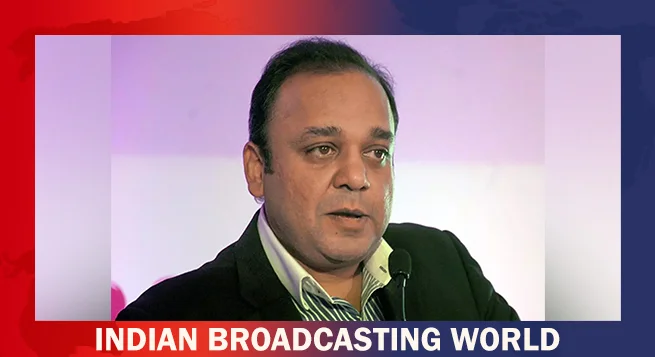 As Zee gets lean, Punit Goenka in charge of critical verticals
As Zee gets lean, Punit Goenka in charge of critical verticals  60 top ex-cricketers to star in new podcast series ‘180 not out’
60 top ex-cricketers to star in new podcast series ‘180 not out’ 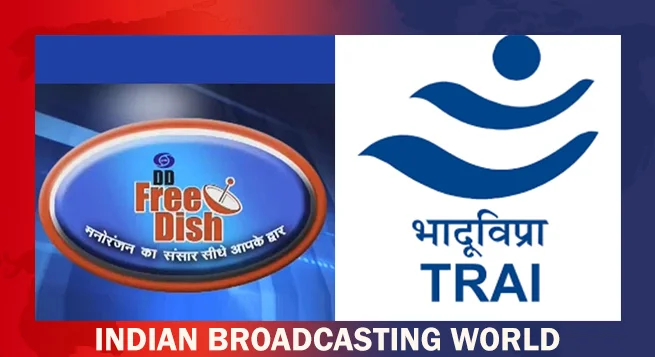 DD FreeDish, level playing field issues crop up during TRAI OHD
DD FreeDish, level playing field issues crop up during TRAI OHD 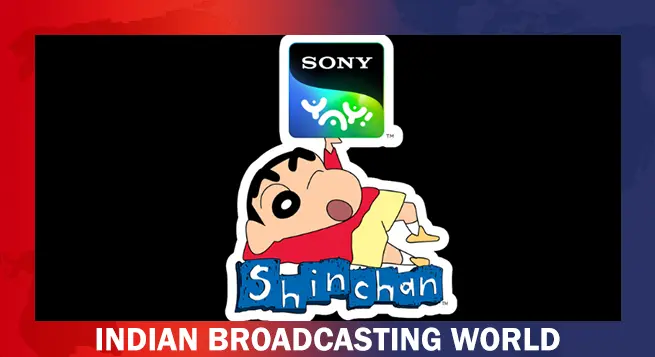 Sony YAY! celebrates 7 years with ‘Shin-chan’ launch
Sony YAY! celebrates 7 years with ‘Shin-chan’ launch 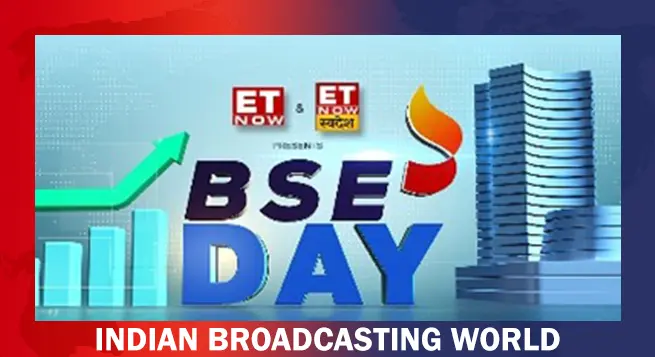 ET NOW & ET NOW Swadesh to celebrate ‘BSE Day’
ET NOW & ET NOW Swadesh to celebrate ‘BSE Day’ 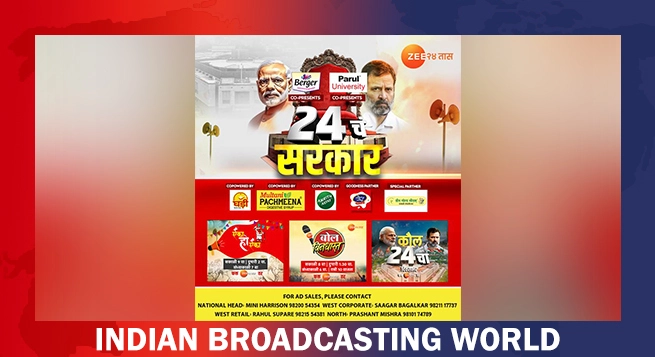 Zee 24 TAAS introduces ’24 चं सरकार’ for comprehensive election analysis
Zee 24 TAAS introduces ’24 चं सरकार’ for comprehensive election analysis 

